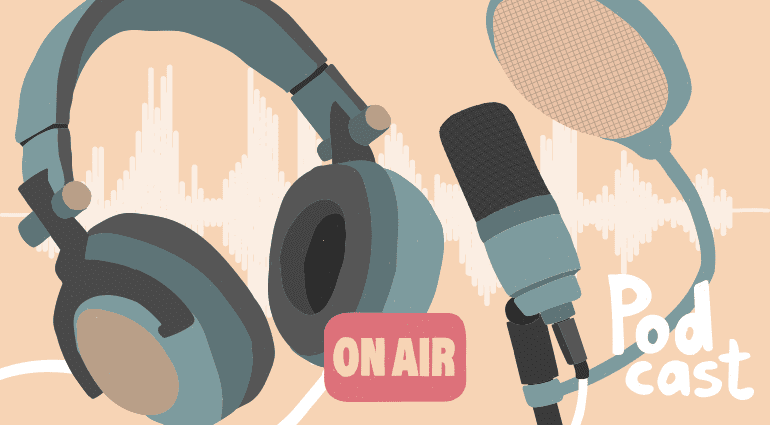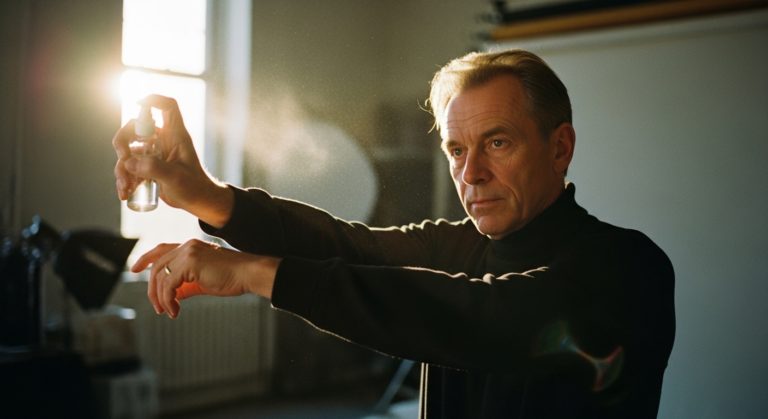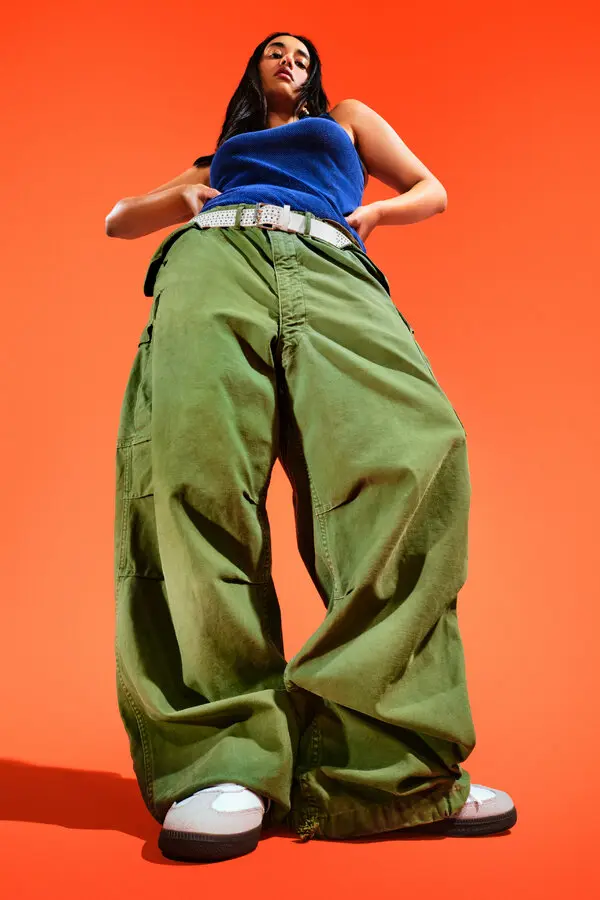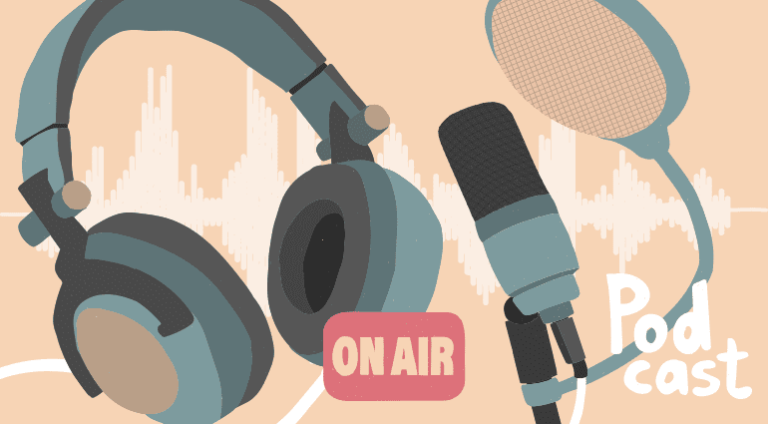I just had to dive into a topic that’s as entertaining as it is perplexing to me. It’s the rise of what I like to call “fake casts” – fake podcasts created by models and influencers. Yes, you read that right. It’s a thing, and it’s as bizarre as it sounds.
In a world where everyone is trying to make a name for themselves, influencers have found a new way to stand out from the crowd. They’ve taken to creating fake podcasts, complete with imaginary guests, made-up conversations, and non-existent listeners. It’s like a radio show for an audience of none.
Behind the Illusion: The Curious Trend of Crafting Fake Podcasts for Clout
Now, you might be wondering, “Why on earth would anyone do this?” Well, according to Jaime French, the author of the YouTube video “The Weird Rise of Fake Podcasts,” it’s all about creating an illusion of legitimacy and importance. It’s a way for influencers to make themselves seem more professional and influential than they actually are.
In the video, Jaime humorously demonstrates how easy it is to create a fake podcast. She sets up a microphone, puts on a pair of headphones, and starts talking to an imaginary guest about the animated film “Cloudy with a Chance of Meatballs.” She even goes as far as to create a fake podcast cover and post it on TikTok, complete with a plethora of hashtags like #CloudyWithAChanceOfMeatballs, #BillHader, #UnpopularOpinion, #HotTake, #FilmCritic, and of course, #FakePodcast.
Virtual Success: The Surprising Impact of a Non-Existent Podcast
The results? Well, they’re as hilarious as you’d expect. On TikTok, Jaime’s fake podcast post received over 18,000 views, 126 shares, 140 saves, and 91 comments. On YouTube, it garnered 42,000 views and 5,300 likes. Not bad for a podcast that doesn’t actually exist, right?
What’s even funnier is that no one seemed to realize that the podcast was fake. All the comments were positive and supportive, with many agreeing with Jaime’s (made-up) assertion that “Cloudy with a Chance of Meatballs” is the best kids’ movie ever.
Jaime’s experiment highlights the absurdity of the fake podcast trend. It shows how easy it is to create an illusion of legitimacy and how willing people are to accept that illusion at face value. But it also raises some interesting questions about the nature of influence and authenticity in the digital age.
Illusions of Influence: The Challenge of Identifying Genuine Content
In a world where anyone can pretend to be anything, how do we determine what’s real and what’s not? How do we separate the genuine influencers from the faux-casters? And perhaps most importantly, how do we ensure that we’re not being deceived by cleverly crafted illusions?
These are complex questions with no easy answers. But one thing’s for sure – the rise of fake podcasts is a fascinating phenomenon that’s worth keeping an eye on.
So, the next time you come across a podcast by your favorite influencer, take a moment to question its authenticity. Is it a genuine attempt to engage with fans and share valuable insights? Or is it just another faux-cast, designed to create an illusion of importance and legitimacy?
And remember, as Jaime French humorously demonstrated, it’s not that hard to fake a podcast. But creating a podcast that’s genuinely worth listening to? Now that’s a real challenge.
Leave your thoughts down below about what you guys feel about people who fake their podcasts. Until next time, stay safe, stay authentic, and keep questioning!













